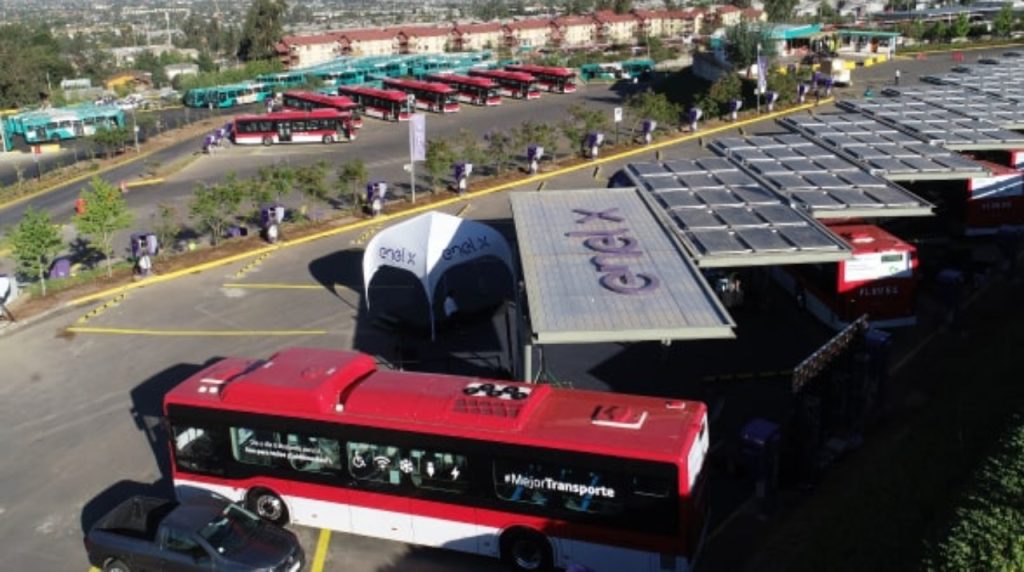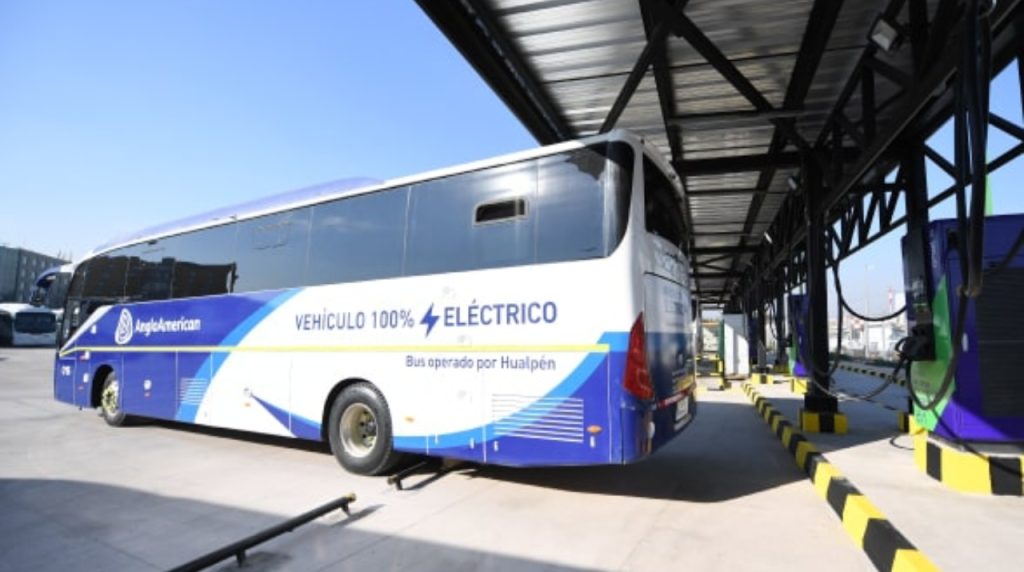
Enel X reveals how to optimize the charging of an electric bus

The implementation of electric buses in public transportation requires a variety of skills and the creation of new infrastructure for the charging stations of the vehicle fleet.
In this regard, Enel X, a leader in charging infrastructure services, states that the charging of an electric bus depends on the type of charger used and the vehicle’s capacity to receive energy.
For example, with a 150 kW charger, it takes about 4 hours to charge a 450 kW battery. In a fleet of electric buses, charging is done according to the power available at the charging location.

You may also read: Chile: Enel X inaugurates charging station in Pudahuel
If a bus requires less energy, the surplus is distributed among other buses. Thanks to a management software and intelligent charging algorithms by Enel X, public transportation companies can schedule charging sessions based on the actual needs of the fleet.
The planning of these sessions, whether done manually or automatically (for example, through the integration of a scheduling suite), allows the charging process to be more efficient.
Enel X: Other functions of charging services
Smart charging services enable the optimization of charging by balancing the energy among several charging stations without exceeding a specific power limit.
They also establish and apply different priority logics for charging the buses. For example, priorities can be based on the order of arrival (the “First In First Out” logic, where the first electric bus to arrive is the first to be charged), the scheduled departure time, or the availability of the station or vehicle.

Finally, in terms of tariff optimization, charging sessions can be scheduled considering the energy needs of the vehicles and electricity rates.





